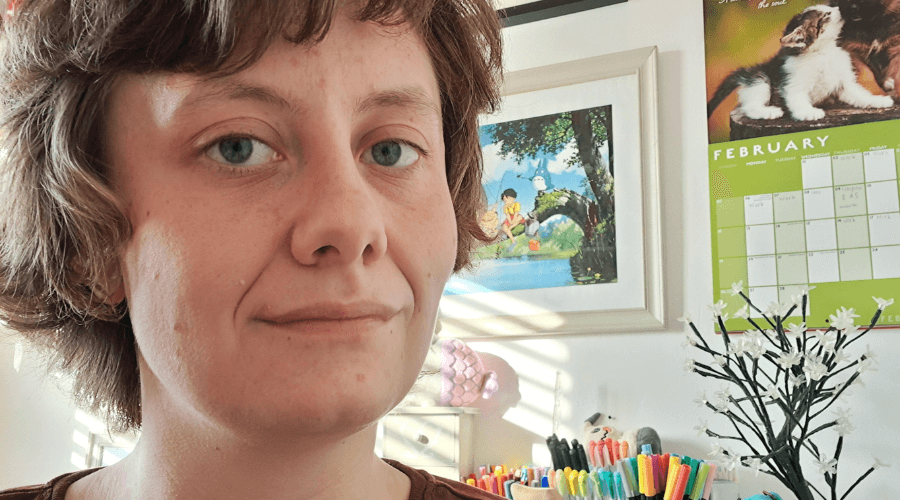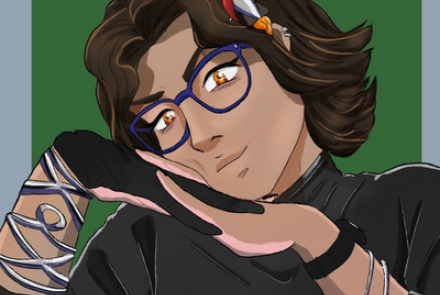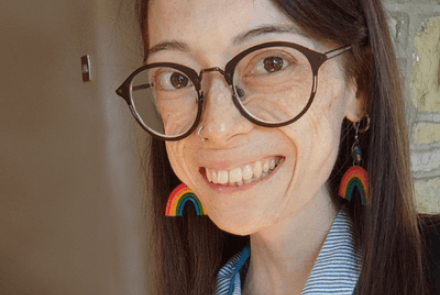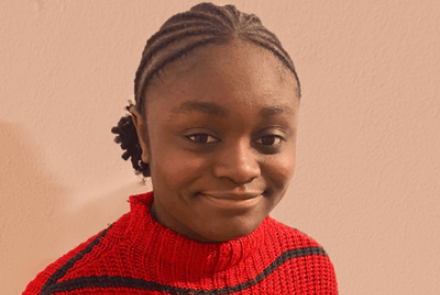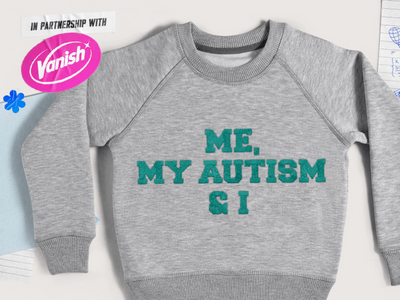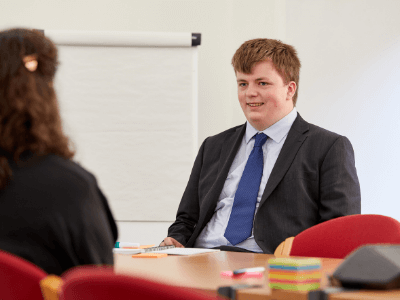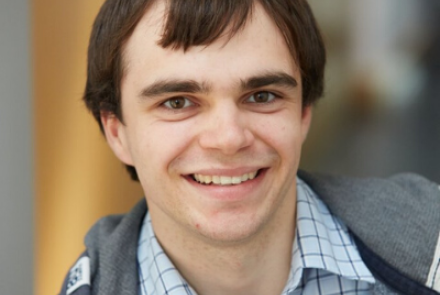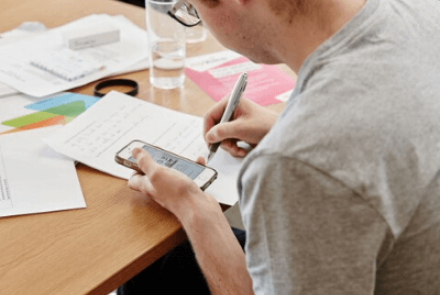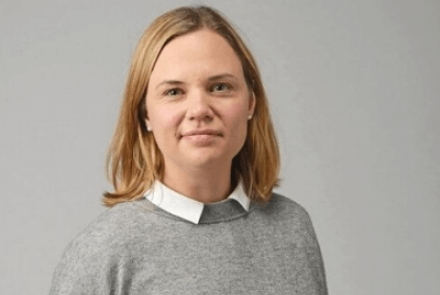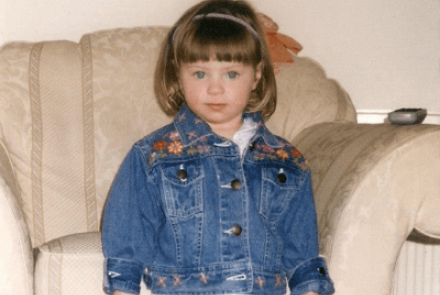Growing up a part of the LGBTQ+ community and autistic in the UK
My personal experience
It was back in high school when I realised I wasn’t straight. My friends were all gushing over tween boy bands, male actors or even lads in our class. As much as I tried to fit in, I never got the appeal. Even the mere thought of going out with a man repulsed me.
At first, I thought I was asexual, but that changed when I was 16. My friends and I signed up for a lunchtime sewing club for a laugh. When we went, we didn’t know anyone else. But there was one girl in particular who, for some reason, gave me butterflies in my tummy. Not in a bad way, but more like a burning desire to impress her and get close to her. That was the moment it clicked: I was into women. Now at 23, I’m surer than ever that I’m a lesbian.
All my friends know I’m gay and they’re super supportive. But when I came out to my mum, she didn’t believe me. She assumed my mind was still buzzing with teenage hormones hence confusing the excitement of making friends with sexual attraction (I was 20 at the time).
For context, I went to a small autism specialist primary school where most of the kids were boys. I was always the only girl in my class, wishing there was someone my age that I could do ‘girly stuff’ with. You can only imagine how ecstatic I was when I made new friends in mainstream high school. But with the girl in the sewing club, it felt different. I hardly knew her, yet I couldn’t stop daydreaming about her – I imagined all these embarrassing things like holding hands and kissing. I wouldn’t do that with friends. Over time, I talked through my feelings with my mum, and she finally realised and understood.
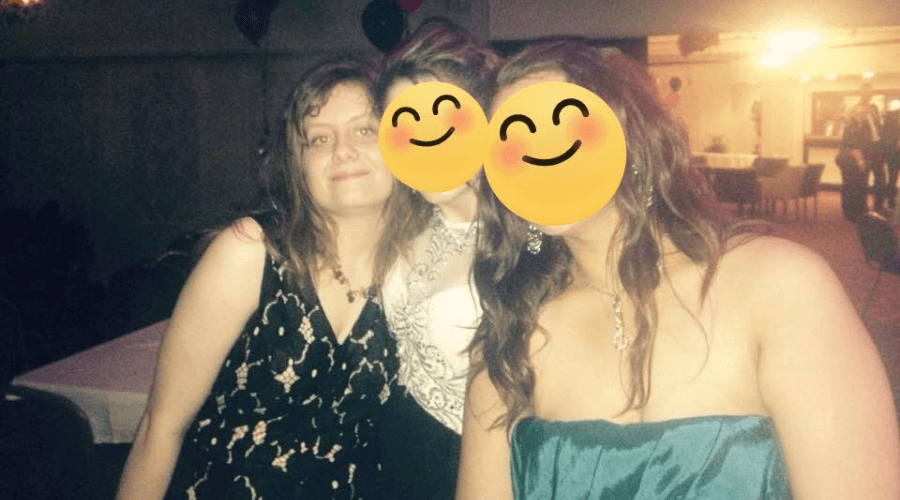
Obstacles to future progress
Gender and sexuality are a lot more abstract than you may realise. Even neurotypical people may not figure things out straightaway. But when you’re on the spectrum, I think there’s an extra layer of complexity. If you’re anything like me, it might be tough dealing with the uncertainty and trying to make sense of it all. Putting everything into words is even tougher. Fortunately, it’s easier for us to express our grasp on sexuality and gender now than ever; there are a lot more words and the stigma is fading away. But there’s still a long way to go.
Recent studies have found that we autistic people are more likely to identify as LGBTQ than our neurotypical counterparts. I must admit, I noticed a trend when I met fellow ‘auties’ at support groups. Nobody really knows why, but maybe it’s because some of us aren’t as compelled to hide our authentic selves.
There’s definitely intersectionality between the two communities, but it isn’t talked about or represented in the media anywhere near enough. I think what doesn’t help matters is this patronising attitude society has, not just against autistic people, but disabled people in general. We’re not taken seriously, so many people assume they know what’s best for us. Even when we’re full-grown adults, we’re still seen as naive.
I’ve heard horrifying tales of parents believing their children were actually brainwashed into becoming LGBTQ (especially in the case of trans youth), targeted for being autistic. This is insulting and completely false – it's more like the other way around. Society conditions people to think that being cisgender and heterosexual is the norm; if someone isn’t, there’s this urge to label and justify it. Combine that with a society that views disabled people as lacking capacity or autonomy, and you get the autistic LGBTQ community on the firing line.
You are valid
If you are (or suspect you are) both autistic and LGBTQ, I want to reassure you that your identity is valid and deserves to be respected – whether you’re gay, bi, asexual, trans or non-binary. If you’re still questioning, that’s okay too! Never let anybody else try to dispute it or convince you that you should be something else. Your identity is yours and only you know which path will make you happiest.
That doesn’t mean you’re on your own, however. There are many support groups for LGBTQ autistic youths both online and offline, and telephone hotlines for when it all gets too much. It might be scary, but it’s very important that we speak up and get ourselves heard.
About the author
Diagnosed as autistic at the age of three, Rachael is a 23-year-old university graduate in Music Technology who is currently in full-time employment. Their favourite hobbies and interests include anime, video games, stationery, and music (listening to and composing). Openly gay, Rachael hopes the intersectionality between the LGBT and neurodiverse communities is understood and represented better.
Vanish are donating 25p from every pack of Vanish Gold Range sold in UK Asda stores between 29th March and 18th April to Ambitious about Autism, to help create a world where autistic girls and young people are heard, included and supported.
Vanish have provided neurodiversity training to their employees and talent and acquisition teams to establish more inclusive hiring policies. Alongside the creation of an internal neurodiversity handbook. They will also offer employee volunteer days with Ambitious about Autism to continue to build an ongoing relationship, having committed to 3 years of activity for World Autism Acceptance Week.
Vanish is committed to helping clothes live longer and believe that every garment you own should bring you comfort again and again. Find out more about our #Rewear fight here.

